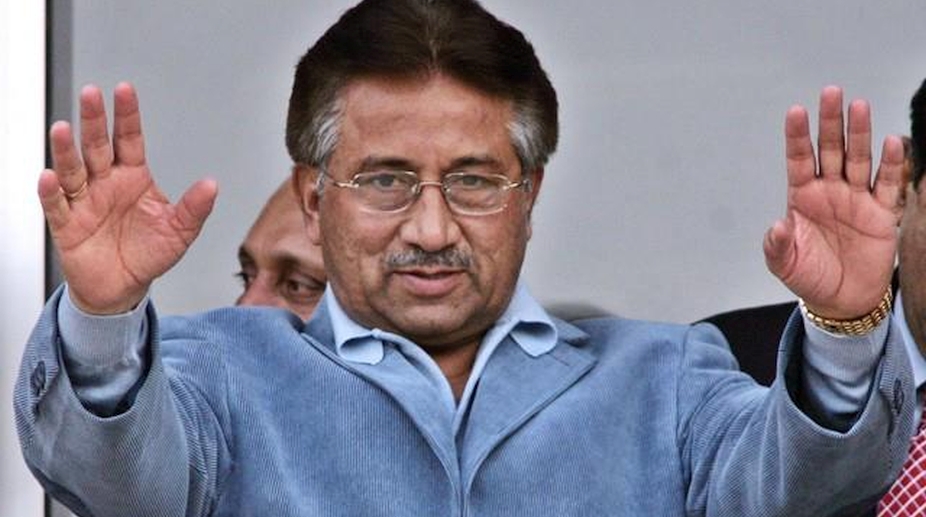There is a sinister strand that binds the deaths of father and daughter, separated though they were by a time-span of 28 years. While Zulfiqar Ali Bhutto was sent to the gallows by the Army chief and President, General Zia-ul-Haq (4 April 1979), daughter Benazir’s assassination on 27 December 2007 remains mired in controversy even after a decade. The mystery has deepened since Thursday when an anti-terrorism court declared Pervez Musharraf ~ also an Army chief and President ~ an absconder. The prosecution and investigation were no less controversial than the enormity of the tragedy. Not least because as many as five suspects ~ with Taliban links ~ accused of involvement in the planning and execution of the outrage in Rawalpindi have been acquitted. The two senior police officers, who secured the “site of the attack for evidentiary purposes”, have been convicted. Pakistan as a whole has been kept guessing on who ordered the blood stains on the road to be washed away with a hose.
There was, therefore, a cover-up of the circumstances from the moment of Benazir’s assassination. Quite the most charitable construct that can be placed on the prosecution and the trial is that both have raised more questions than they were expected to answer. With Musharraf in self-imposed exile in Dubai, is it possible that the establishment ~ both the Rawalpindi GHQ and the civilian headquarters in Islamabad ~ didn’t pursue the case with the seriousness that it deserved?
Advertisement
In retrospect, Musharraf as President never really wanted Benazir to return to Pakistan; reports suggest that she was even advanced an advisory not to. The circumstances were direly critical ~ a public meeting ahead of the general elections that would have served as a referendum on Musharraf’s rule. Historically, Generals in Pakistan are loath to give up power. Faced with a terribly important case, it is pretty obvious ten years later that the establishment had its back to the wall. Surely, it has been a damning verdict for Musharraf; that it was pronounced by an anti-terrorist court advances a pregnant message in itself.
For all that, it is the terrorist who has been let off the hook. This is the singularly mysterious facet of the court proceedings that has bamboozled Pakistan no less. The conduct of the matter was not backed up suitably by evidence and the law. In the context of the political crisis post the disqualification of Nawaz Sharif, Thursday’s judgment is a mild verdict that is unlikely to rock the applecart, civilian or military, let alone the terrorist network. On closer reflection, Benazir’s Pakistan People’s Party must also share part of the blame. Having been elected in 2008, the government under husband Asif Ali Zardari had manoeuvered Musharraf out of office, and then did little or nothing to identify, let alone try, the perpetrators of the former Prime Minister’s assassination.











